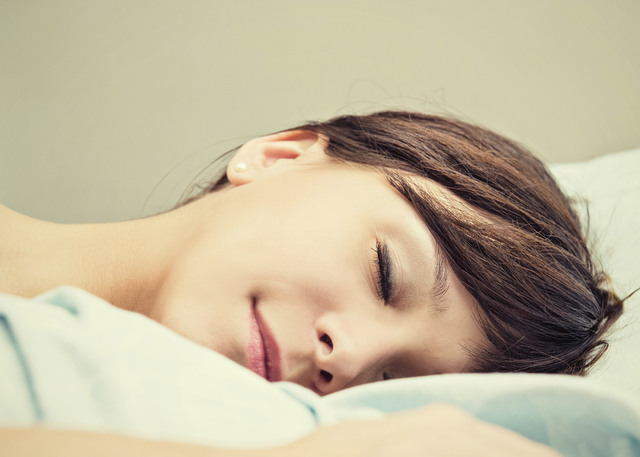Find your routine for good sleep hygiene

Getting a good night of sleep often depends on our hygiene … sleep hygiene, that is. This term describes the routines and rituals that we undergo before bedtime. Maintaining good hygiene works to calm us and get us in the mood to fall asleep and stay asleep so we can be alert and at peak performance during the day. What’s more is that good sleep hygiene practices can prevent the development of sleep problems and disorders. And for those of us who suffer from sleep disturbances, it may help us get back on the right track.
Dr. Nina’s What You Need to Know about sanitizing your sleep hygiene:
Avoid foods and chemicals that stimulate you
Caffeine stimulates our brain, and many of us love to have a cup (or two) of coffee in the morning to jump start our day. But enjoying a cappuccino or espresso as the day goes on can keep you up at night. Your liver is able to clear out half of the caffeine in approximately 5-7 hours; and seventy-five percent in about 8-10 hours. If you are having trouble sleeping, it may be a good idea to make final call in the early afternoon, depending on your target bedtime. And don’t forget that tea, chocolate and sodas contain caffeine.
Nicotine is also a stimulant that can increase our blood pressure and heart rate. And although alcohol is considered a “downer” that can help you doze off, having more than a glass or two at bedtime can interfere with our very important deep sleep cycles.
Turn down the lights
When it comes to putting our little ones on their path to la-la land, it seems intuitive to progressively turn down any stimulation. But somehow, somewhere, something gets lost in translation when it comes to us. Between smart phones, televisions, computers and tablets, our nights can be very bright. But why is this a problem? The science behind it is that our bodies release a hormone called melatonin that makes us sleepy. Melatonin is often referred to as the “Dracula” hormone because it is only released when it is dark. Mother Nature was very clever when she designed this. We want to be asleep at night and be awake during the day when it is light. However, with the advent of artificial lights, our nights have become artificially bright and this can suppress melatonin production. In addition to unplugging and powering down our technology, consider using heavy curtains, blackout shades or an eye mask to help our melatonin production.
Get into the routine
A soothing, pre-sleep routine that is. Engaging in relaxing activities in the hour before it’s time to hit the sack can help us doze off. Think of falling asleep as a continuum, not an abrupt transition. For many of us, sleep is not something with a switch that can be flipped on and off. Whenever possible, avoid stimulating activities like arguing, work or heavy exercise prior to bedtime. Stress, whether it is psychological or physical, causes our bodies to produce hormones that send us into a “fight or flight” mode (the opposite direction of where we want to go—sleep and slumber).
Instead try to pick up a book, pray, meditate, or take a warm bath. Many experts also recommend writing down our problems and then putting them away on the shelf or in a drawer to be dealt with at a later time.
We sing lullabies to babies, as well as read to them, bathe them, dim the lights and turn down the noise. But as we get older, our sleep hygiene may not only become lackluster, but a downright mess. Let us try to turn back the hands of time and go with what works: keeping our sleep hygiene spic-and-span, so we can be well rested to meet the new morning. Stay tuned for next week’s Part 2 of What You Need to Know about Sleep Hygiene. And remember, cleanliness is next to Godliness; but so is a good night’s sleep.
This information is for educational purposes and should not be considered specific medical advice. Always consult with a qualified medical professional regarding your individual circumstances.
Dr. Nina Radcliff is dedicated to her profession, her patients and her community, at large. She is passionate about sharing wise preventive health measures. Contact her on Facebook or Twitter @drninaradcliff.


















